Raspberry
How to submit an article:
- Registered users can submit any published journal article that has a unique DOI (Digital Object Identifier) name or link to Research Hub.
- For example, you can paste the full DOI link:
https://doi.org/10.1109/5.771073or just the DOI name:10.1109/5.771073into the field above and click submit. - The person who is first to submit a valid article to Research Hub will forever be credited for it, and every article submission earns you +6 Research Points.
Related Topics
Published research studies are articles that present the findings of original research that has undergone a peer-review process and has been made publicly available in scholarly journals, books or other media.

Raspberry Leaves and Extracts-Molecular Mechanism of Action and Its Effectiveness on Human Cervical Ripening and the Induction of Labor
2023 Jul 19 Nutrients Socha MW, Flis W, Wartęga M, Szambelan M, Pietrus M, Kazdepka-Ziemińska A
In conclusion, we believe that raspberry extracts do not present a contractile effect on the uterine muscle and, even if this effect occurs, it is not very highly expressed, and is insignificant, so it will not lead to the release of regular uterine contractions.
Review Article Labour Induction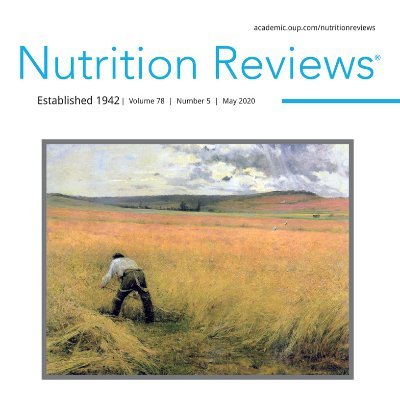
Blueberry, cranberry, raspberry, and strawberry as modulators of the gut microbiota: target for treatment of gut dysbiosis in chronic kidney disease? From current evidence to future possibilities
2023 May 10 Nutrition Reviews Coutinho-Wolino KS, Melo MFS, Mota JC, Mafra D, Guimarães JT, Stockler-Pinto MB
Review Article Gut Microbiota Chronic Kidney Disease Strawberry Raspberry Blueberry CranberryBerry fruits such as blueberries, cranberries, raspberries, and strawberries could potentially improve gut microbiota and reverse dysbiosis in chronic kidney disease patients.
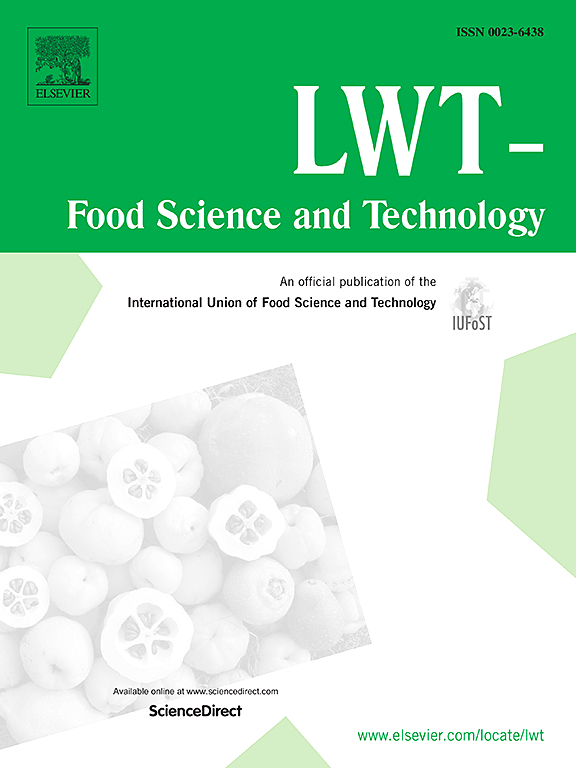
Natural α-glucosidase and α-amylase inhibitors from raspberry (Rubus corchorifolius L.) leaf-tea: Screening, identification and molecular docking analysis
2023 May LWT Li F, Luo T, Hou J, Fei T, Zhang J, Wang L
In conclusion, this study not only provides a high-throughput and effective method for screening the potential α-GLU/α-AMY inhibitors from natural products, but also supplies a scientific evidence for the development and utilization of raspberry leaf as functional foods in the near future.
Network Pharmacology Raspberry Leaf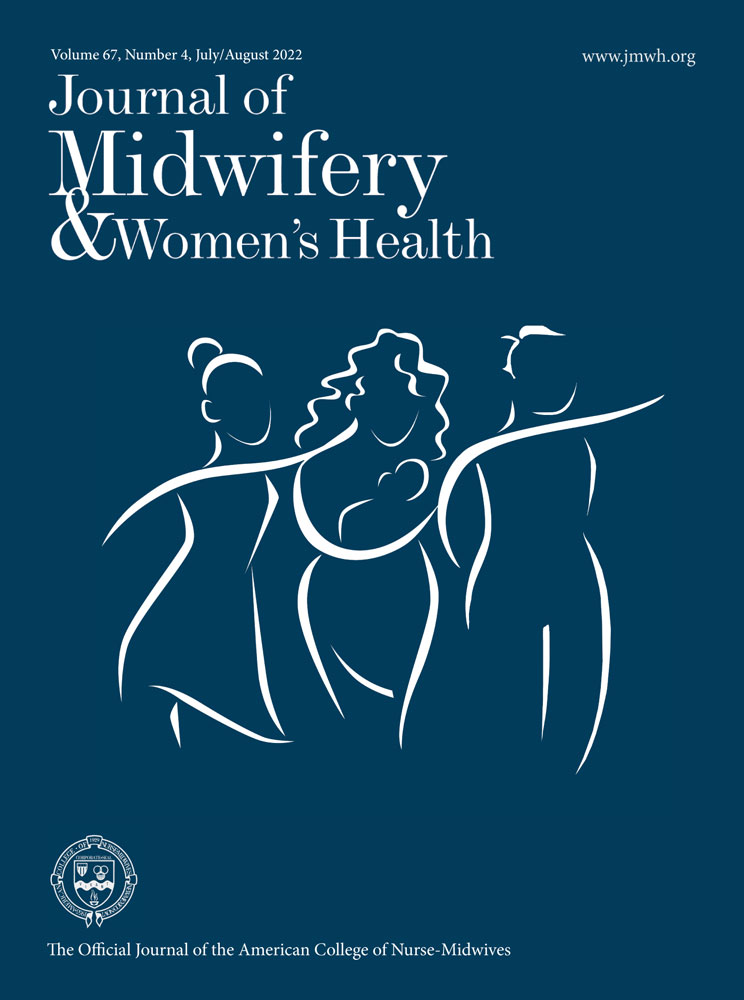
RASPBERRY LEAF IN PREGNANCY: ITS SAFETY AND EFFICACY IN LABOR
2022 Mar 04 Journal of Midwifery & Women's Health Simpson M, Parsons M, Greenwood J, Wade K
The lack of significant differences between the groups on measures expected to demonstrate the effect of raspberry leaf ingestion during pregnancy on labor prompted consideration of the issue of effectiveness of dosage level. Suggestions for further research are offered.
Randomised Controlled Trial Raspberry Leaf Labour Induction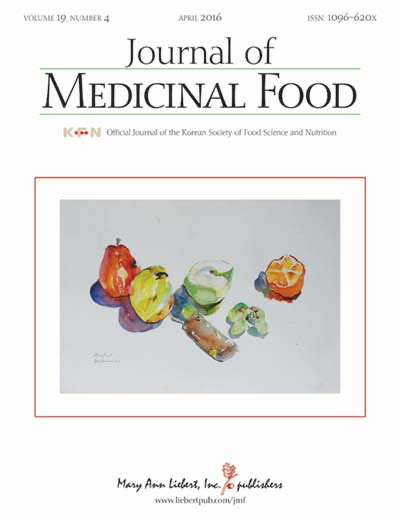
Raspberry (Rubus idaeus L.), a Promising Alternative in the Treatment of Hyperglycemia and Dyslipidemias
2022 Feb 01 Journal of Medicinal Food Piña-Contreras N, Martínez-Moreno AG, Ramírez-Anaya JDP, Espinoza-Gallardo AC, Valdés EHM
Systematic Review Blood Sugar Cholesterol Type 2 Diabetes Raspberry LeafRaspberry consumption can help to reduce blood glucose levels and stabilize the blood lipid profile due to its bioactive compounds.
Research insights are moderated by the Research Hub team and offer an at-a-glance overview of interesting research findings.

2023 Nutrition Reviews
Berry fruits such as blueberries, cranberries, raspberries, and strawberries could potentially improve gut microbiota and reverse dysbiosis in chronic kidney disease patients.
Review Article Blueberry Chronic Kidney Disease Cranberry Gut Microbiota Strawberry
Blueberry, cranberry, raspberry, and strawberry as modulators of the gut microbiota: target for treatment of gut dysbiosis in chronic kidney disease? From current evidence to future possibilities
Coutinho-Wolino KS, Melo MFS, Mota JC, Mafra D, Guimarães JT, Stockler-Pinto MB

2022 Journal of Medicinal Food
Raspberry consumption can help to reduce blood glucose levels and stabilize the blood lipid profile due to its bioactive compounds.
Systematic Review Blood Sugar Cholesterol Raspberry Leaf Type 2 Diabetes
Raspberry (Rubus idaeus L.), a Promising Alternative in the Treatment of Hyperglycemia and Dyslipidemias
Piña-Contreras N, Martínez-Moreno AG, Ramírez-Anaya JDP, Espinoza-Gallardo AC, Valdés EHM

2021 BMC Complementary Medicine and Therapies
Raspberry leaf for childbirth, highlighting the lack of robust evidence on its effects, safety, and efficacy during pregnancy, emphasizing the need for more comprehensive research.
Systematic Review Labour Induction Raspberry Leaf
Biophysical effects, safety and efficacy of raspberry leaf use in pregnancy: a systematic integrative review
Bowman R, Taylor J, Muggleton S, Davis D
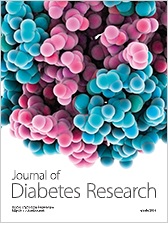
2019 Journal of Diabetes Research
Traditional Chinese medicine, especially Zuo Gui Wan, red raspberry leaves, and Orthosiphon stamineus, seems to control gestational diabetes effectively without reported toxicity.
Review Article Gestational Diabetes Raspberry Leaf Zuo Gui Wan
Evaluating Traditional Chinese Medicine and Herbal Products for the Treatment of Gestational Diabetes Mellitus
Xu YXZ, Xi S, Qian X
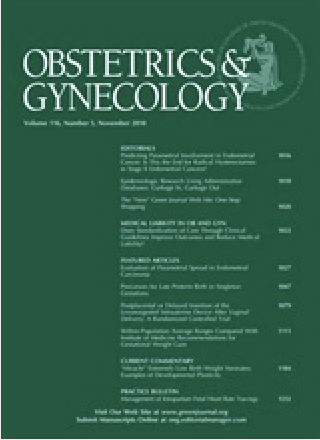
2016 Obstetrics & Gynecology
Raspberry leaf consumption may decrease insulin requirements in pregnant women with gestational diabetes mellitus.
Case Report Gestational Diabetes Hypoglycemia Raspberry Leaf Type 2 Diabetes
Raspberry Leaf and Hypoglycemia in Gestational Diabetes Mellitus
Cheang KI, Nguyen TT, Karjane NW, Salley KES
Review Articles
Review articles summarise and critically evaluate the current state of research on a specific topic or field by synthesising multiple primary research studies.

Raspberry Leaves and Extracts-Molecular Mechanism of Action and Its Effectiveness on Human Cervical Ripening and the Induction of Labor
2023 Jul 19 Nutrients Socha MW, Flis W, Wartęga M, Szambelan M, Pietrus M, Kazdepka-Ziemińska A
In conclusion, we believe that raspberry extracts do not present a contractile effect on the uterine muscle and, even if this effect occurs, it is not very highly expressed, and is insignificant, so it will not lead to the release of regular uterine contractions.
Review Article Labour Induction
Blueberry, cranberry, raspberry, and strawberry as modulators of the gut microbiota: target for treatment of gut dysbiosis in chronic kidney disease? From current evidence to future possibilities
2023 May 10 Nutrition Reviews Coutinho-Wolino KS, Melo MFS, Mota JC, Mafra D, Guimarães JT, Stockler-Pinto MB
Review Article Gut Microbiota Chronic Kidney Disease Strawberry Raspberry Blueberry CranberryBerry fruits such as blueberries, cranberries, raspberries, and strawberries could potentially improve gut microbiota and reverse dysbiosis in chronic kidney disease patients.

Raspberry (Rubus idaeus L.), a Promising Alternative in the Treatment of Hyperglycemia and Dyslipidemias
2022 Feb 01 Journal of Medicinal Food Piña-Contreras N, Martínez-Moreno AG, Ramírez-Anaya JDP, Espinoza-Gallardo AC, Valdés EHM
Systematic Review Blood Sugar Cholesterol Type 2 Diabetes Raspberry LeafRaspberry consumption can help to reduce blood glucose levels and stabilize the blood lipid profile due to its bioactive compounds.

Effects of Dietary Red Raspberry Consumption on Pre-Diabetes and Type 2 Diabetes Mellitus Parameters
2021 Sep 04 International Journal of Environmental Research and Public Health Derrick SA, Kristo AS, Reaves SK, Sikalidis AK
RR may offer clinically beneficial effects for the prevention and management of chronic diseases through improvements in glucose handling and insulin sensitivity, adiposity, lipid profiles, ectopic lipid accumulation, inflammation, oxidative stress, and cardiac health.
Review Article Raspberry Type 2 Diabetes
Biophysical effects, safety and efficacy of raspberry leaf use in pregnancy: a systematic integrative review
2021 Feb 09 BMC Complementary Medicine and Therapies Bowman R, Taylor J, Muggleton S, Davis D
Systematic Review Review Article Labour Induction Raspberry LeafRaspberry leaf for childbirth, highlighting the lack of robust evidence on its effects, safety, and efficacy during pregnancy, emphasizing the need for more comprehensive research.
Clinical Trials
Clinical trials are research studies that involve people and are conducted to evaluate the safety and efficacy of new treatments or interventions, such as drugs, medical devices, or behavioural therapies.
Study Protocols
Published study protocols are detailed plans that outline the objectives, methodology, statistical analyses, and organisation of a research study that have been made publicly available for others to review and use as a reference.
Presentation Slides

Review Article
Berry fruits such as blueberries, cranberries, raspberries, and strawberries could potentially improve gut microbiota and reverse dysbiosis in chronic kidney disease patients.
Coutinho-Wolino KS, Melo MFS, Mota JC, Mafra D, Guimarães JT, Stockler-Pinto MB

Systematic Review
Raspberry consumption can help to reduce blood glucose levels and stabilize the blood lipid profile due to its bioactive compounds.
Piña-Contreras N, Martínez-Moreno AG, Ramírez-Anaya JDP, Espinoza-Gallardo AC, Valdés EHM

Systematic Review
Raspberry leaf for childbirth, highlighting the lack of robust evidence on its effects, safety, and efficacy during pregnancy, emphasizing the need for more comprehensive research.
Bowman R, Taylor J, Muggleton S, Davis D

Review Article
Traditional Chinese medicine, especially Zuo Gui Wan, red raspberry leaves, and Orthosiphon stamineus, seems to control gestational diabetes effectively without reported toxicity.
Xu YXZ, Xi S, Qian X

Case Report
Raspberry leaf consumption may decrease insulin requirements in pregnant women with gestational diabetes mellitus.
Cheang KI, Nguyen TT, Karjane NW, Salley KES
Executive Summary
Write an executive summary in the form of a blog article on the topic of "Research into Chinese medicine treatment for Raspberry" summarising the research below and using language that can be easily understood by patients and avoiding medical jargon using a professional and caring tone of voice.
Write an executive summary in the form of a blog article on the topic of "Researched Chinese medicine treatments for Raspberry" summarising the research below in an objective and easy to understand way, and using language that can be easily understood by patients. Group the article into Chinese medicine treatments first, followed by nutrition and other treatments. Avoid using medical jargon and use a professional and caring tone of voice.
Write me a concise but easy to understand executive summary on the topic of "Chinese medicine treatments for Raspberry" based on the following research that I will give you. Your summary should be 2 paragraphs long in Australian English spelling and include references to the studies.
A Review Article published in 2023 in the journal Nutrition Reviews found that Berry fruits such as blueberries, cranberries, raspberries, and strawberries could potentially improve gut microbiota and reverse dysbiosis in chronic kidney disease patients. Methodology: This research explores the therapeutic potential of berry fruits, including blueberries, cranberries, raspberries, and strawberries, in relation to modulating gut microbiota in chronic kidney disease (CKD) patients. The fruit’s rich polyphenol and nutrient content are assumed to promote the selective growth of beneficial bacteria, thus improving the clinical status of these patients. The study scrutinizes the impact on the abundance of mucus-producing bacteria and short-chain fatty acids specifically. Discussion of Results: The gathered evidence illustrates that berry fruits, particularly with a daily intake of 5 mg, can promote diversity in the gut microbiota and possibly reverse dysbiosis, a common issue in chronic kidney disease patients. These fruits are found to increase the expression of mRNA involved in gut tight junctions such as occludin, TJP1, and mucin, and they may reduce uremic toxins by controlling the gut microbiota, improving the uremic condition. As such, long-term use of berry fruits could be an effective strategy for CKD patients.
A Systematic Review published in 2022 in the journal Journal of Medicinal Food found that Raspberry consumption can help to reduce blood glucose levels and stabilize the blood lipid profile due to its bioactive compounds. The researchers conducted a systematic review of original articles and enzyme inhibition studies involving animal models and human clinical studies, extracting data from the PubMed, Web of Science, and Science Direct databases. The mechanisms of action investigated focused on how consumption of raspberry in different forms (like frozen, lyophilized, infusion of leaves, seed oil) and compounds extracted from it could inhibit enzymes and increase insulin production and sensitivity, thereby affecting blood glucose levels. The findings revealed that raspberry consumption, regardless of its form, consistently aided in reducing blood glucose levels. The mechanisms involved included inhibition of specific enzymes and enhancement of insulin production and sensitivity. On the other hand, the effects on the lipid profile were varied. While a decrease in cholesterol and low-density lipoprotein levels was recorded, the impact on triglyceride levels was less consistent and manifested mainly as stabilization rather than reduction. However, an increase in levels of beneficial high-density lipoproteins was reported, suggesting an overall beneficial effect on lipid profile.
A Systematic Review published in 2021 in the journal BMC Complementary Medicine and Therapies found that Raspberry leaf for childbirth, highlighting the lack of robust evidence on its effects, safety, and efficacy during pregnancy, emphasizing the need for more comprehensive research. This study aims to assess the evidence regarding the effects, safety, and efficacy of raspberry leaf in pregnancy-related contexts. The systematic integrative review analyzes 13 studies, spanning animal and human research, showcasing raspberry leaf's biophysical impact on uterine muscle. While evidence is limited, human studies indicate no significant harm or benefit, though one suggests a potential reduction in second stage labor duration and labor augmentation. Further research is warranted to better understand raspberry leaf's effectiveness in pregnancy.
A Review Article published in 2019 in the journal Journal of Diabetes Research found that Traditional Chinese medicine, especially Zuo Gui Wan, red raspberry leaves, and Orthosiphon stamineus, seems to control gestational diabetes effectively without reported toxicity. The study initiated a systematic search across PubMed, Web of Science, and Embase databases to pinpoint research discussing the impact of traditional Chinese medicine on pregnancy. The results were then further narrowed down to focus on any correlation with all forms of diabetes mellitus. The primary thread that emerged was the beneficial effect of three main herbal remedies: Zuo Gui Wan, red raspberry leaves, and Orthosiphon stamineus. Based off of the results from this search, a focal review of these herbal elements and their associations with type 2 diabetes mellitus was undertaken. Across the board, these remedies demonstrated positive effects on metabolic health, especially among women dealing with gestational diabetes. No experimental models reported any toxicity or harmful side effects associated with these herbal treatments. The report calls out that current studies on both conventional and alternative interventions for gestational diabetes are immensely lacking, emphasizing the need for a standardized protocol to evaluate the efficacy of these herbal medicines.
A Case Report published in 2016 in the journal Obstetrics & Gynecology found that Raspberry leaf consumption may decrease insulin requirements in pregnant women with gestational diabetes mellitus. In the methodology of this case study, a 38-year-old pregnant woman, who was diagnosed with gestational diabetes mellitus, consumed raspberry leaf tea at 32 weeks of gestation. After the ingestion of the tea, she experienced hypoglycemia that required lowering her insulin dosage. This temporal relationship was verified by her ceasing and readopting the herb. Throughout the study, there were reassuring fetal surveillance and growth, resulting in a cesarean delivery at 39 weeks. The newborn didn't have hypoglycemia or any other complications and the placental biopsy showed standard outcomes. In the discussion of the results, it was observed that raspberry leaf tea might have properties that can affect glycemic control in gestational diabetes mellitus patients. After consumption of the tea, the subject experienced hypoglycemia which necessitated a decrease in her insulin dose. Also, the re-consumption of the herb confirmed its hypoglycemic effects. Importantly, the baby was not affected by hypoglycemia or any other complications, indicating that raspberry leaf tea may be a practical alternative for managing gestational diabetes mellitus. However, it was recommended that pregnant women with such condition should be cautious about the use of the herb and monitor their glucose levels more frequently.
Moderation Tools
Topic
Sign In
Users not signed in are limited to viewing the 5 most recent items of content.